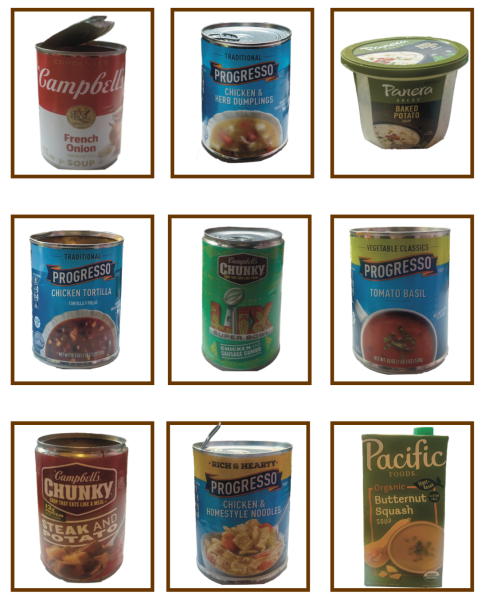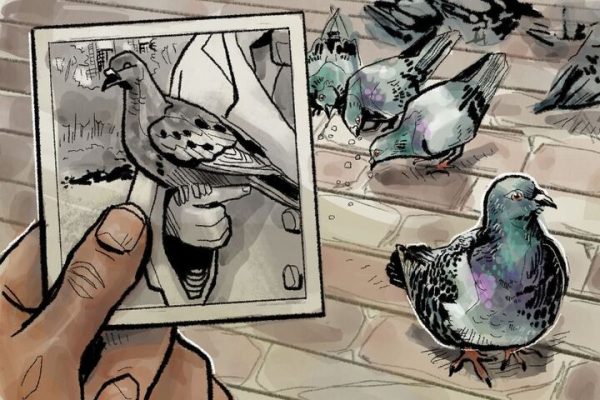Hite: Another Fort Sumter is possible
The racist activity and homicide in Charlottesville, Virginia, in August made me think a lot, more than usual, about what is happening in our country. Tension has been building and building — think Ferguson, Missouri, and Dylann Roof — and has become more overt since Donald Trump was elected and sworn in as the 45th president.
I decided to find out more — what is going on on a deeper level — the underlying currents. The ice below the tip of the iceberg.
I found it in an Aug. 14 article by Robin Wright titled “Is America Headed for a New Kind of Civil War?” in The New Yorker magazine.
Wright writes about the possibility of another civil war in America by listing what events, quoted exactly, could act as a catalyst:
- Impeachment of the president or his fall from office.
- Major terrorist attack and sense that the establishment can’t manage security — vigilantes, etc.
- Opaque call to action by a failing president. (Consider Haiti’s Aristide.)
- Economic downturn, with blame placed on certain groups.
- Racial event that spirals out of control.
- A war gone really badly that polarizes the country, with blame apportioned in such a way that groups start to lash out.
Wright references a former U.S. Army Special Forces officer, a national-security expert, Keith Mines, who now works for the U.S. State Department. He witnessed civil wars in other countries such as Afghanistan, Colombia, El Salvador, Iraq, Somalia, and Sudan.
I decided to read Mines’s article in the March 10 edition of “Foreign Policy.”
The scary — no, absolutely frightening — part is that the five conditions, quoted exactly, that led to the civil wars in those countries may exist here.
- Entrenched national polarization, with no obvious meeting place for resolution
- Increasingly divisive press coverage and information flows
- Weakened institutions, notably Congress and the judiciary
- A sellout or abandonment of responsibility by political leadership
- The legitimization of violence as the “in” way to either conduct discourse or solve disputes
Unfortunately, that sounds familiar to me.
He also estimates the possibility of a second civil war in 10 to 15 years to be at about 60 percent.
Wright said a “sobering” consensus of experts put it at about 35 percent. Her article came out five months before Charlottesville. Five months later, Virginia Gov. Terry McAuliffe declared a state of emergency and put the National Guard on alert on standby.
Even before I read Wright and Mines’s articles, I thought about the “what if” possibility of people from opposing sides of a divisive, Charlottesville-esque situation shooting at each other.
Certainly, some of the people there were armed. That could spark something in people to start indiscriminately shooting at each other. It would be like the Fort Sumter of our second Civil War. After all, we do live in “Bleeding Kansas.”
I genuinely felt depressed after reading Mines and Wright’s articles. I felt helpless.
Comedian Tina Fey’s comments after Charlottesville made me feel a little better. I’m paraphrasing, but instead of getting into a senseless shouting match with a bunch of racists, strive for small, positive interactions with people we might not understand.
I intend to do that, and I hope you do, too.










